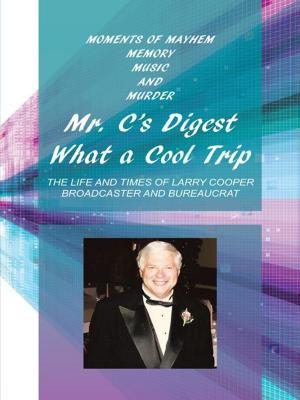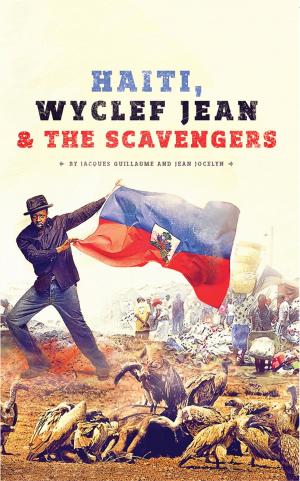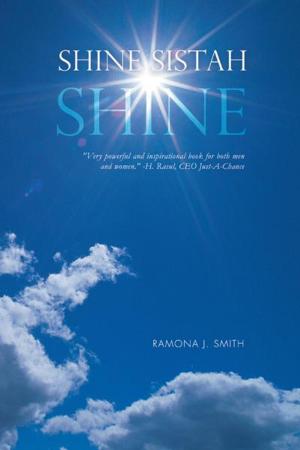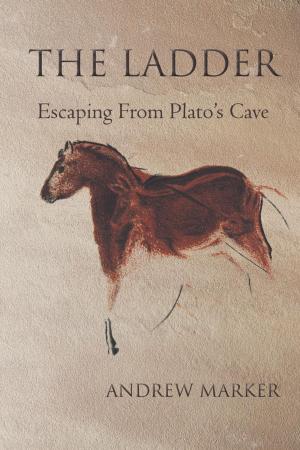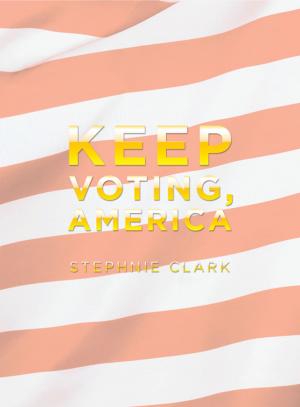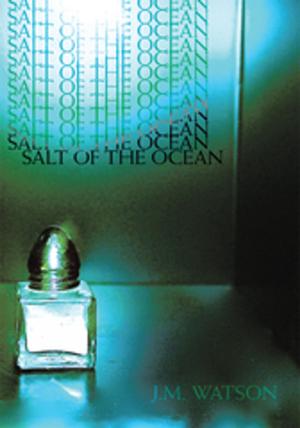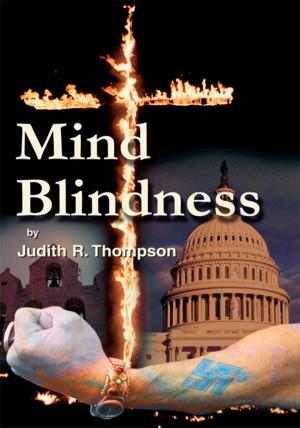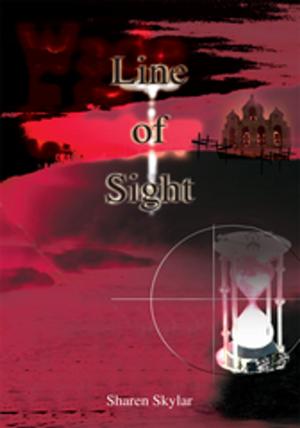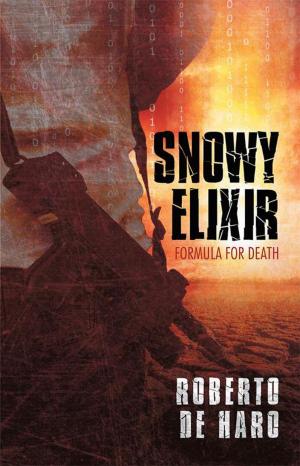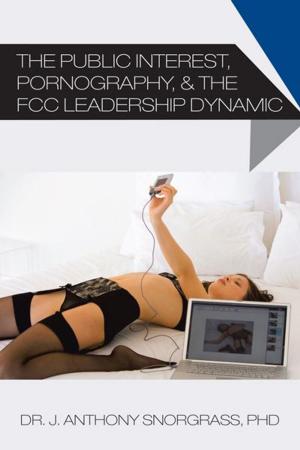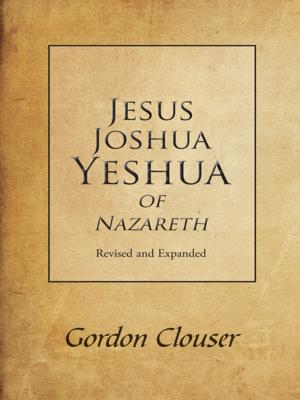| Author: | Thomas L. Hughes | ISBN: | 9781450292023 |
| Publisher: | iUniverse | Publication: | April 29, 2011 |
| Imprint: | iUniverse | Language: | English |
| Author: | Thomas L. Hughes |
| ISBN: | 9781450292023 |
| Publisher: | iUniverse |
| Publication: | April 29, 2011 |
| Imprint: | iUniverse |
| Language: | English |
Once, early in the Kennedy Administration, Secretary of State Dean Rusk complained that Harvard gets all the credit, but Oxford does all the work. He was referring to the two dozen or more former Rhodes Scholars who, like himself, were then serving the new government in Washington. Among them, at the Assistant Secretary level, was Thomas L. Hughes whom President Kennedy appointed Director of Intelligence and Research in the State Department in April, 1963.
An accomplished public speaker, Hughes soon found that his duties included speeches on a variety of serious subjects to a variety of audiences inside and outside the government. Also included were light-hearted appearances before Anglo-American audiences in after-dinner formats. They recurred at regular intervals over subsequent decades whether Hughes was serving at State, as Minister in the US Embassy in London or at the Carnegie Endowment for International Peace. Seven of them are republished here for the possible entertainment of a new generation.
Once, early in the Kennedy Administration, Secretary of State Dean Rusk complained that Harvard gets all the credit, but Oxford does all the work. He was referring to the two dozen or more former Rhodes Scholars who, like himself, were then serving the new government in Washington. Among them, at the Assistant Secretary level, was Thomas L. Hughes whom President Kennedy appointed Director of Intelligence and Research in the State Department in April, 1963.
An accomplished public speaker, Hughes soon found that his duties included speeches on a variety of serious subjects to a variety of audiences inside and outside the government. Also included were light-hearted appearances before Anglo-American audiences in after-dinner formats. They recurred at regular intervals over subsequent decades whether Hughes was serving at State, as Minister in the US Embassy in London or at the Carnegie Endowment for International Peace. Seven of them are republished here for the possible entertainment of a new generation.

